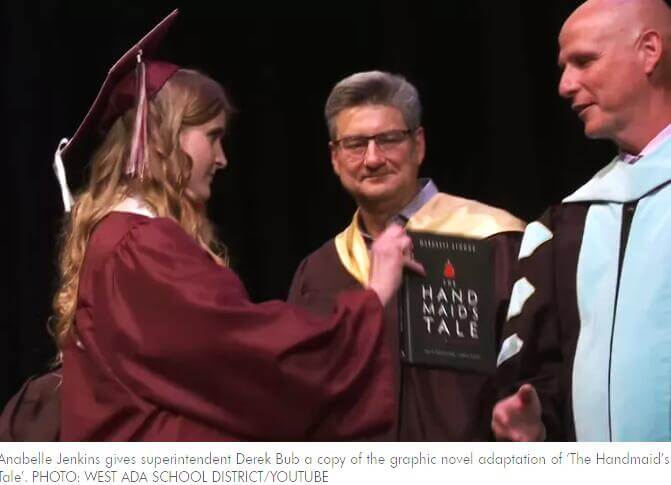
In a significant move, six major publishers and the Authors Guild have launched a lawsuit challenging Florida’s controversial book restriction law, H.B. 1069. Launched in July 2023, Bill 1069 requires schools to remove and review any challenged books which contain subject matter of a “sexual or pornographic content”.
The plaintiffs claim that vague content restrictions have already led to the removal of a wide range of literature, including classic works and critically acclaimed books. Their main argument is that the way the law is currently written and being enforced is effectively, “limiting students’ access to diverse voices and ideas”, and therefore unconstitutional and violates First Amendment rights.
“Plaintiffs do not challenge the ‘harmful to minors’ standard and do not seek to prevent Florida school districts from ensuring that school libraries do not contain obscene books. Instead, Plaintiffs take issue with the removal of books under the guise of ‘pornography’ that are not remotely obscene, resulting from the Florida State Board of Education’s unconstitutional construction of the term ‘pornographic’.”
This lawsuit comes as a direct response to an escalating climate of censorship and tension in Florida schools. Earlier this year, a local school district pulled a staggering 1,600 books from its shelves (including dictionaries and encyclopedias) in an effort to comply with the state’s mandates.
Titles ranging from contemporary young adult fiction to classic literature were flagged for review, sparking widespread concern. Advocates of the law argue that it protects children from exposure to inappropriate content, but critics contend it’s an overreach, undermining educational freedom and students’ right to explore different perspectives.
From Classrooms to Courtrooms
In my previous article, The Rising Political Climate in High Schools: A Response to Book Banning, I explored how students were forming social justice clubs to challenge these restrictions. With the recent legal action by publishers, their fight is no longer confined to school protests but has extended into the courtroom, where the debate over intellectual freedom continues on a much broader scale.
While it’s inspiring to see these students empowered and taking on leadership roles, it’s also bittersweet. Instead of simply enjoying their school years, exploring different hobbies and clubs, they’re spending valuable time and energy battling censorship. One student, Annabelle Jenkins, made national headlines when she handed over a copy of The Handmaid’s Tale in protest of her school’s censorship during her graduation on June 1st.
The Larger Questions at Stake
This possibly precedent setting legal battle prompts larger questions about the balance between protecting children and upholding freedom of expression. Are we limiting access to important stories that help students engage critically with the world, or are we merely safeguarding young minds from inappropriate content? As these laws become more common, they invite us to examine the future of education and in particular the line between state and a parents right to have a say in the books shaping their children’s minds.
At what point do we risk trading freedom for a perceived sense of security? For educators, parents, and students, the stakes of this lawsuit go beyond just a legal question—they touch on the very heart of what it means to provide a comprehensive education. Does shielding students from certain books limit their ability to develop critical thinking skills?
“If freedom of speech is taken away, then dumb and silent we may be led, like sheep to the slaughter.”
– George Washington
An avid book reader and proud library card holder, Angela is new to the world of e-Readers. She has a background in education, emergency response, fitness, loves to be in nature, traveling and exploring. With an honours science degree in anthropology, Angela also studied writing after graduation. She has contributed work to The London Free Press, The Gazette, The Londoner, Best Version Media, Lifeliner, and Citymedia.ca.


